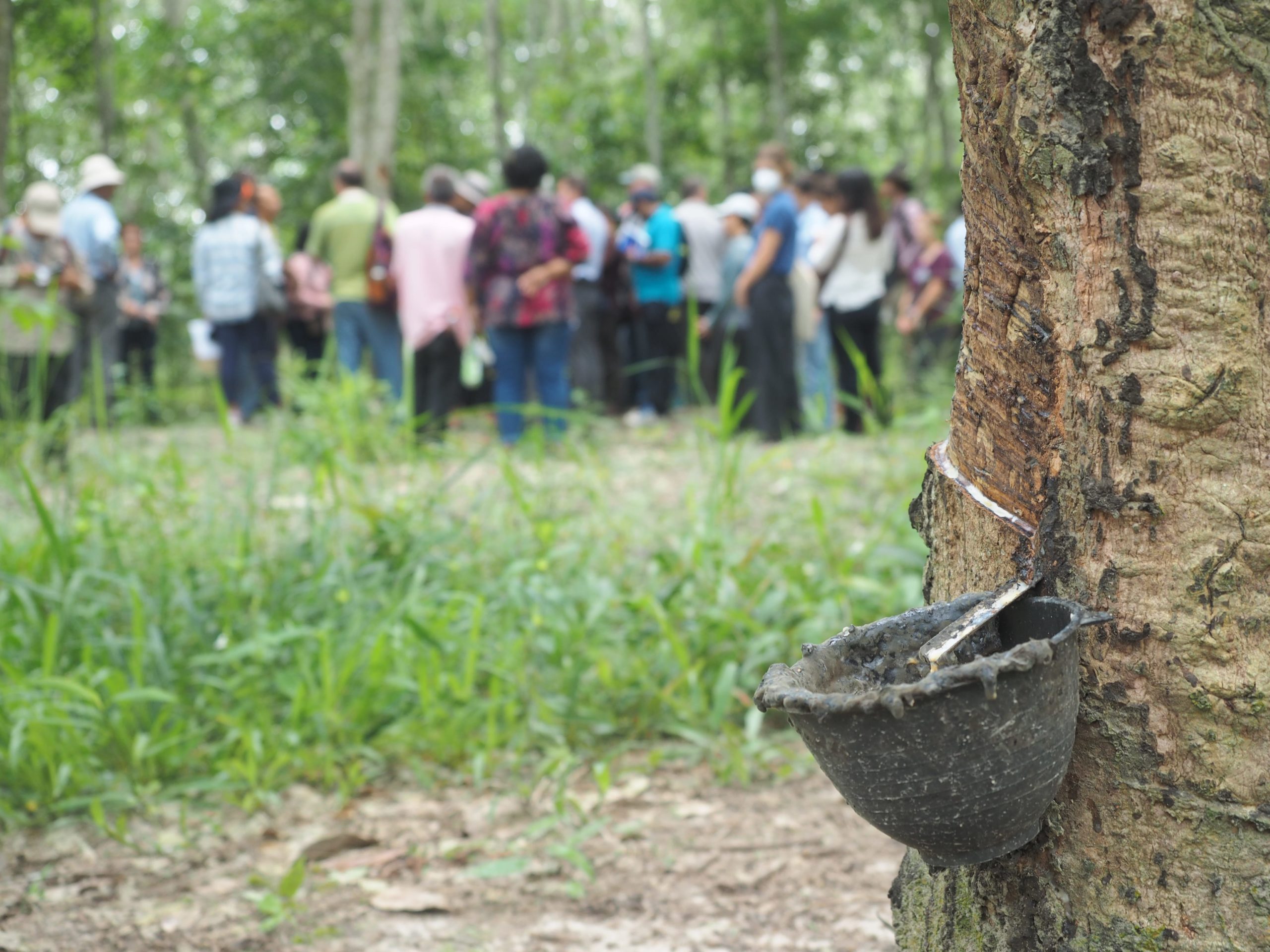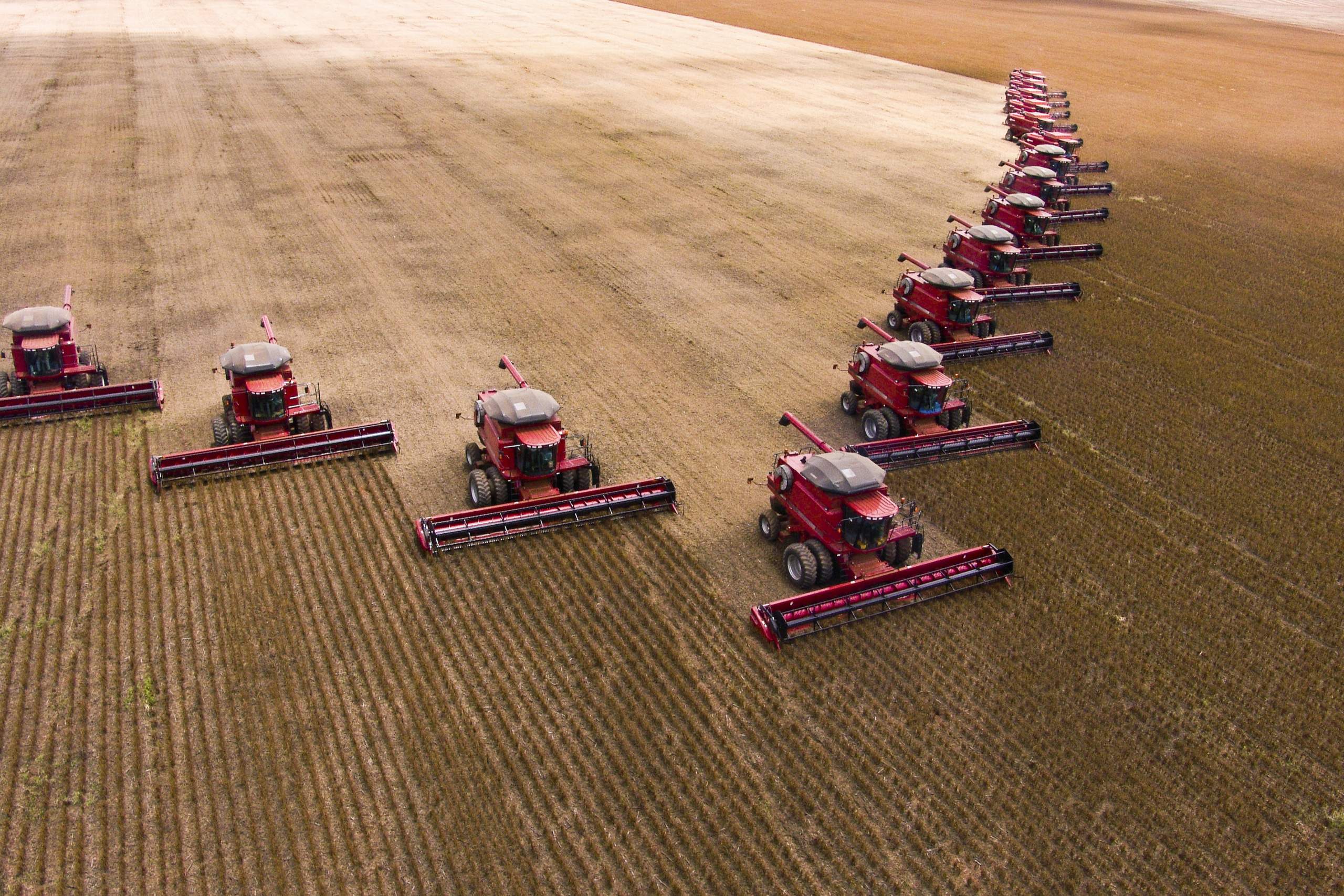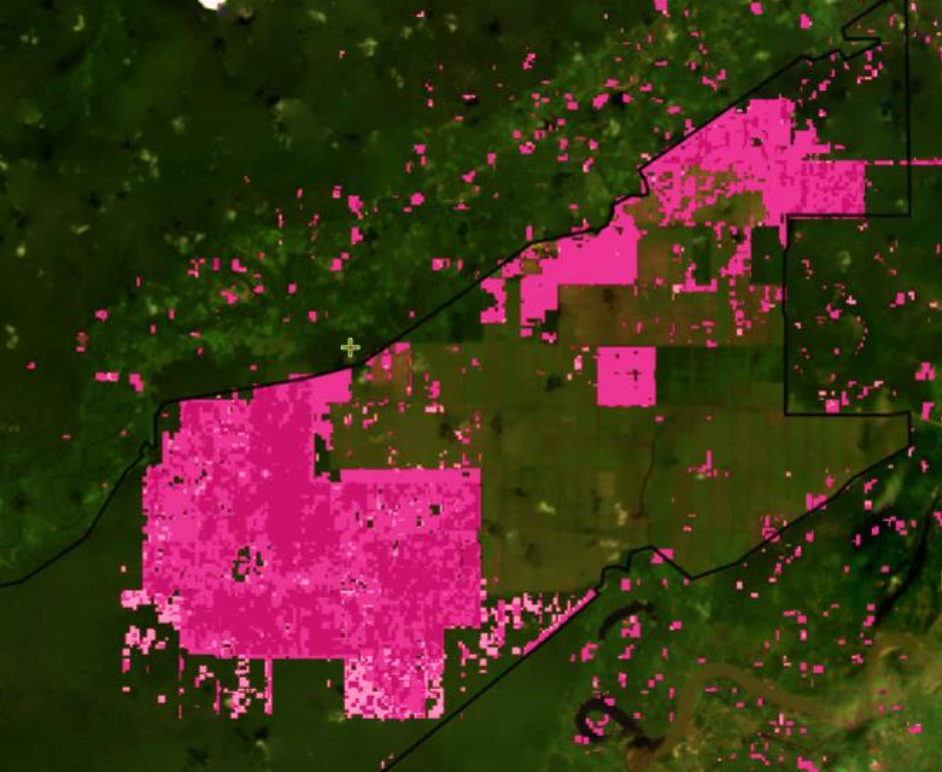
Multi-Stakeholder Workshop Lays Groundwork for Growth of Sustainable Rubber
In September, Mighty Earth, Rainforest Alliance, einhorn Products, Earthnet Foundation, and the Prince of Songkla University, hosted a workshop in Thailand which brought together 100 rubber farmers, traders, processors, NGOs, government representatives, and consumer brands that use rubber—like Goodyear tires and Converse shoes—to discuss one thing: sustainable natural rubber.
The workshop, Sustainable Natural Rubber: Pathways, Policies, and Partnerships, brought together stakeholders from across the rubber supply chain, who rarely interact directly, to share knowledge and learn about sustainable rubber and potential solutions to environmental, social, and economic challenges in the industry.
Throughout the week, actors from across the supply chain engaged in conversations about best practices, laid the groundwork for new partnerships, and discussed their sustainability journeys. These sessions included presentations and brainstorms about the cost of rubber, the opportunities in multi-stakeholder initiatives, the nuts and bolts of implementing a ‘No Deforestation, No Exploitation’ policy, and farming techniques that are best for people and planet.
[aesop_gallery id=”60109″ revealfx=”off” overlay_revealfx=”off”]
One key constituency that attended the workshop was rubber farmers, who are rarely included in rubber conferences. Farmers from Malaysia, Thailand, Indonesia, and Sri Lanka shared their experiences using sustainable rubber practices on their farms and expressed their concerns about pricing and earning a living. Through these interactions, processors and traders were able to connect with the farmers who grow their rubber, and rubber end users learned about agroforestry and its ability to positively impact the both the environment and the lives of rubber farmers around the world.
The term agroforestry refers to the planting of multiple complementary crops on a farm to increase biodiversity and sequestration of carbon from the atmosphere, while providing additional sources of income or subsistence to farmers. Well-managed, diversified agroforestry systems can be a real solution for producing sustainable natural rubber and serve as an alternative to harmful practices that devastate the environment. It allows farmers to be protected against market fluctuations for a single commodity, helps store more carbon and rebuild the soil, increases species habitat, and reduces the use of pesticides. To educate participants about agroforestry, the workshop visited a few rubber farms that showcased rubber planted alongside other crops including pepper, fruit trees, and wood products. During the visit, farmers discussed the advantages associated with agroforestry systems, and participants were able to see the viability and productivity of these practices.
As demand for natural rubber increases in the coming years, widespread deforestation is likely to follow, as companies and landowners clear primary forest to plant more rubber trees on large expanses of plantations. This trend has held true across many commodities, with demand for palm oil, soy, and cattle threatening primary ecosystems, tropical forests, and the land of indigenous communities around the world. Meanwhile, farmers often still do not make a living income. Future expansion must be done sustainably and ethically. If farmers, traders, producers, and rubber end users push for responsible, fair rubber production and agroforestry on land already in use for rubber, the industry can sustain rubber production without new forest clearing or human rights abuses.
The workshop provided a forum for stakeholders to engage in open and honest dialogue about the challenges and opportunities that exist when pursuing sustainable growth. At the end of the 2.5 day event, participants created calls to action for the rubber industry and brainstormed about what each person, company, and sector of the supply chain could accomplish to ensure that all rubber is sold for a fair price and farmed sustainably and ethically for people and the planet. Calls to action from across sectors included learning more about and bringing transparency to their supply chains, rethinking producer trainings, piloting agroforestry on farms, creating networks to share knowledge among farmers, and engaging with actors across the supply chain from farm to market.
Moving forward, it will be important that all companies in the rubber industry set clear goals and commitments, work diligently and proactively to improve sustainability, and continue to collaborate with one another. With greater supply chain transparency and knowledge, along with restorative and environmentally sound on-farm practices, the rubber industry can ultimately create the systems needed to move forward and meet the global demand for rubber in a sustainable and responsible way.


